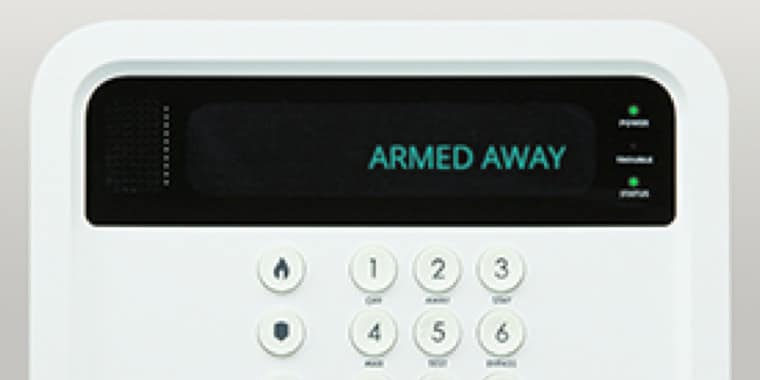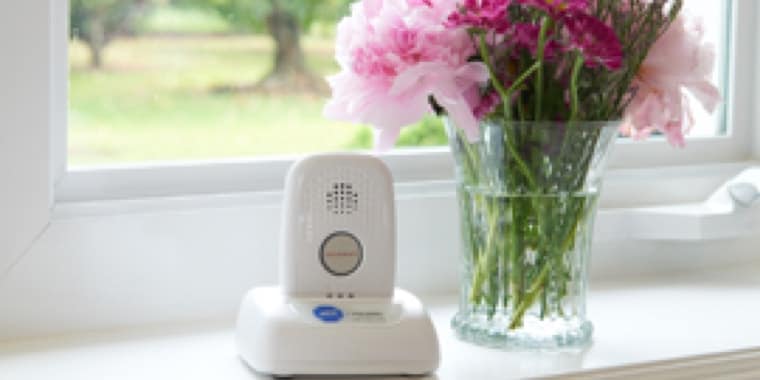Your children are your pride and joy, of course, but parents need a break now and then. While a night out can be relaxing, hiring a babysitter can be anxiety-inducing. To set your mind at ease (and more fully enjoy your evening) you need a good babysitter checklist.
Here are nine things you need to let your babysitter know.
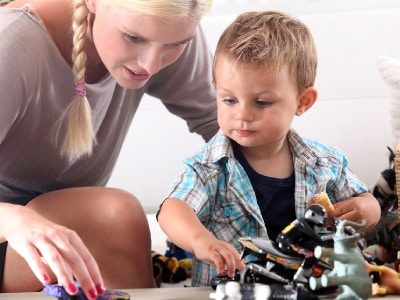
Where You'll Be
Telling the babysitter that you're seeing the latest action flick isn't enough. Be sure your child's caregiver knows what movie you're seeing, the name of the theater and the show time. No matter where you go, give your sitter the specifics. Additionally, let the babysitter know when you expect to be home.
Free Childcare Info Sheet Download
The babysitter has a cell phone number for both you and your significant other, but, where kids are concerned, safety doesn't stop there. A good babysitter checklist also includes contact information for:
- Your child's pediatrician
- The local sheriff's department
- The national poison control hotline number, which is 800-222-12221
- Your emergency contact person, whether that be Grandma, a neighbor, a friend or another relative (and how they're related).
You should also include your home's street address.
Give yourself peace of mind while you are out and download our free form for your childcare provider!

Allergies or Other Medical Conditions
According to the American College of Allergy, Asthma and Immunology, approximately 2.5 percent of U.S. children may be allergic to peanuts.2 If your child falls into that group—or has any other significant allergies—this information needs to not only be on the babysitter checklist, but also conveyed to the babysitter before he or she arrives at your home. Be sure the sitter understands the seriousness of the allergy—no peanut-containing foods or snacks should be brought into the home of a child with a peanut allergy.
If your child's allergy is severe enough to keep an epinephrine auto-injector on hand (such as an EpiPen) it's critical that you let your babysitter know where you store it. You should also educate your babysitter so that they can recognized the signs that your child is in an allergic emergency and how to use the device.
If your child has a medical condition other than an allergy, you'll need to let your sitter know about their required care or medication and educate the sitter in a similar manner. Remember, safety for kids is of the utmost importance.
Bedtime Routines
Don't trust your child to let the sitter know when it's bedtime; kids are notorious for stretching the truth when it means getting to stay up later. Your babysitter checklist—and oral instructions—should contain a clear outline of your children's bedtime routines, including what time they need to wash up; any pre-bed books, stories or music; what time the lights go out; and what to do if your child can't fall asleep, gets out of bed or has a bad dream and requires comforting.
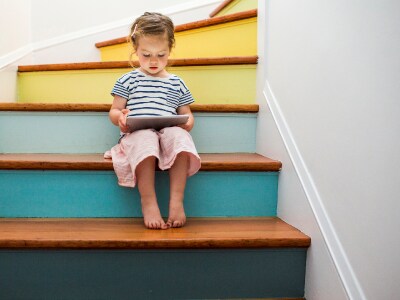
Rules About Electronics
This is another area where kids are known to bend the truth. Be clear about what television shows, movies, music, video games or websites are permitted. Instruct your sitter on how much time your child is allowed to spend watching TV or using the computer, and what time electronics shut down for the night.
Home Emergency Instructions
When it comes to safety for kids, you always need to think ahead. That means that you have established escape routes out of your house in case of fire, earthquake or other natural disaster, you have a fire extinguisher on hand, and hopefully, you have a security system—ADT is a nationally ranked home security provider—to help keep your family and your home safer and more secure.
Go over this information with your babysitter. He or she should know where you keep your fire extinguisher, the location of smoke alarms, how to get out of the house in case of emergency and how to set and turn off the alarm system.
Meals and Snacks
Before heading out, make sure your sitter knows what meals or snacks he or she is expected to prepare or serve to your kids, and at what time. Be especially clear about desserts—you don't want your kids to take advantage of the situation. Also, let your sitter know if they can help themselves to food or drinks from your fridge.
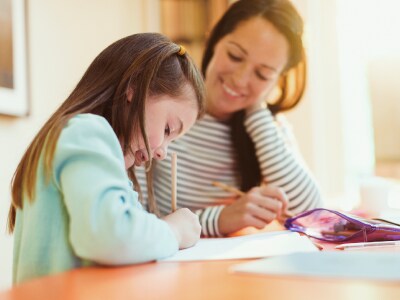
Homework
If you have school-aged children, chances are good that they have homework. Let the sitter know what time your kids should start on their studies, how long they are expected to work and any assistance the sitter can offer them.
Final Instructions
Finally, finish your babysitter checklist with any special dos and don'ts. Maybe you have rules about how your kids interact with each other, chores they are expected to complete, games or activities they can or cannot play, or instructions for pet care.
It Goes Both Ways
In the process of giving your babysitter instructions, don't forget it goes both ways; be sure you have your sitter's full name, phone number, emergency contact and address; also, get their car make and license plate if they will be driving your children anywhere.
Resources
- "American Association of Poison Control Centers." American Association of Poison Control Centers. Accessed March 21, 2018. http://www.aapcc.org/.
- "New Study Suggests 21 Percent Increase in Childhood Peanut Allergy since 2010." ACAAI Public Website. December 07, 2017. Accessed March 21, 2018. https://acaai.org/news/new-study-suggests-21-percent-increase-childhood-peanut-allergy-2010.



